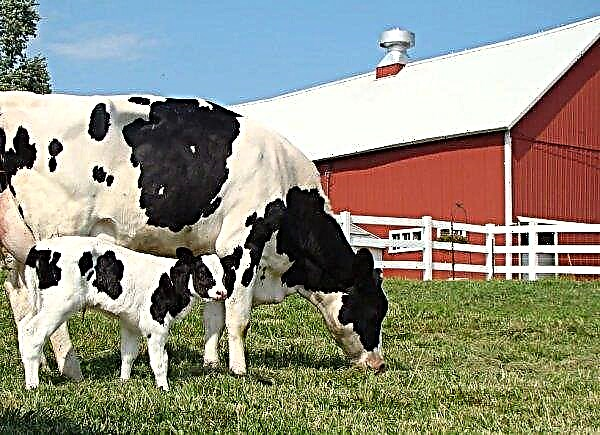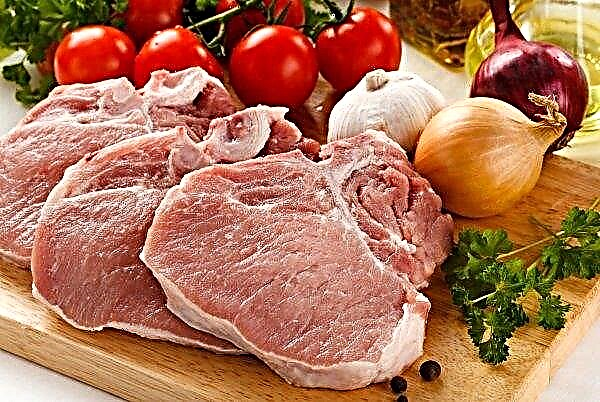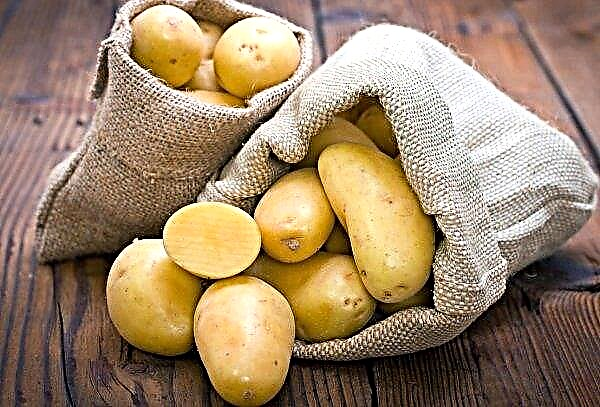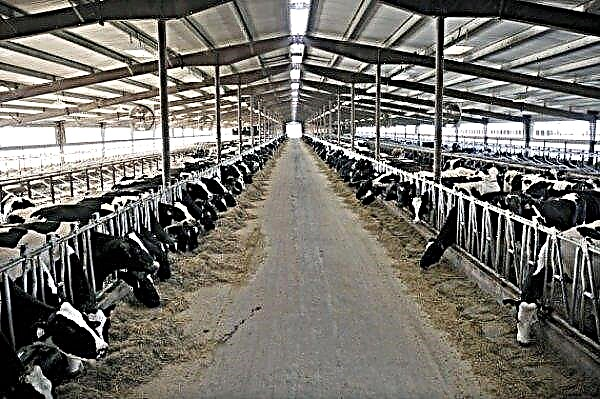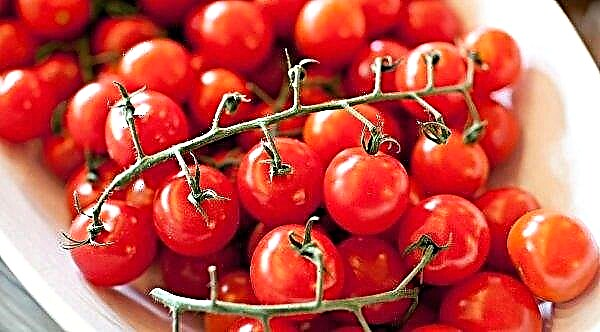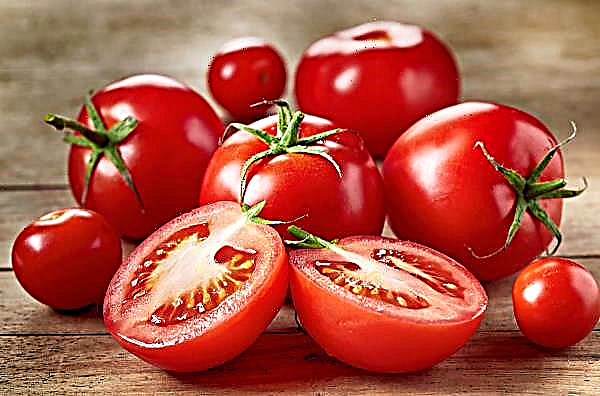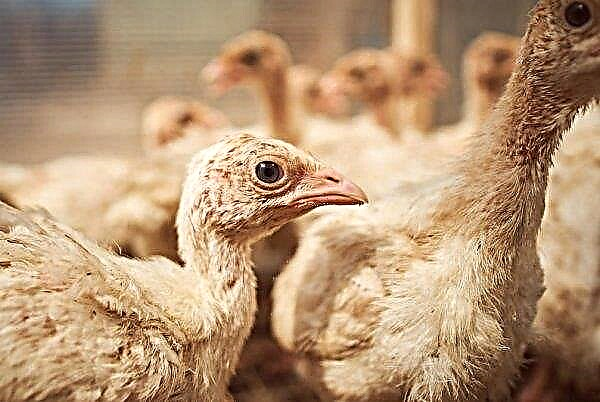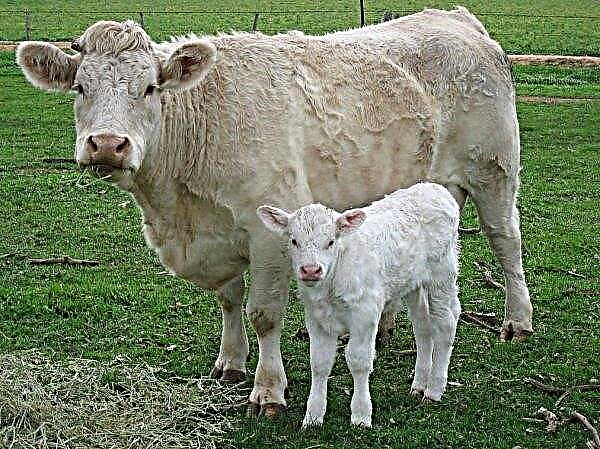American soybean farmers greatly appreciate the efforts made by the meat industry to ensure that pet food imported from outside the United States does not transmit foreign diseases to domestic animals and does not contaminate feed stocks that remain safe and reliable. Every day, soybean farmers pride themselves on supplying high-quality feed ingredients and are active in US agriculture so that the country's pig-breeding industry continues to flourish and serve as a world leader.

“The safety and quality of soy products in the United States is our top priority, and we fully support the strengthening of biosafety measures to prevent and mitigate the transmission of any foreign animal disease to the United States,” said USB Director General Polly Ruland.
Did you know? The raising and breeding of pigs was unknown to the ancient nomads because, under conditions of drought in the steppes, these animals had nothing to eat. Also, pigs do not tolerate heat, because only a patch is responsible for the function of perspiration.
In connection with the spread of African swine fever (ASF) in parts of Africa, Asia and Europe, the National Pork Producers Council sent a letter this week to US Secretary of Agriculture Sonny Purdue to ban the import of organic soy products for use in animal feed from countries affected by the disease. The Joint Soybean Council (USB) thanks NPPC for expressing “confidence in US soybean safety” in this request as a reliable feed ingredient. However, USB continues to recognize that trading partners are critical to US soybean farmers.
You will be interested to read:
- Futures for lean pork on the Chicago Mercantile Exchange (CME) on Wednesday, May 22, dipped and reached a weekly low, as the market was pressured by fears that the trade war between the US and China is far from being resolved.
- Compared to 2018, German pork exports to third countries increased significantly in the first five months of this year, an increase of 17%.
- Data collected using the UK Medical Medicine e-book (eMB) shows that antibiotic use in pig farming in 2018 fell another 16 percent from 2017, reaching 110 mg / PCU, approaching the 2020 industry target of 99 mg / PCU.

